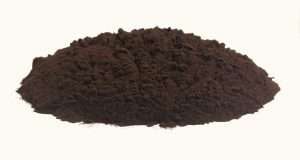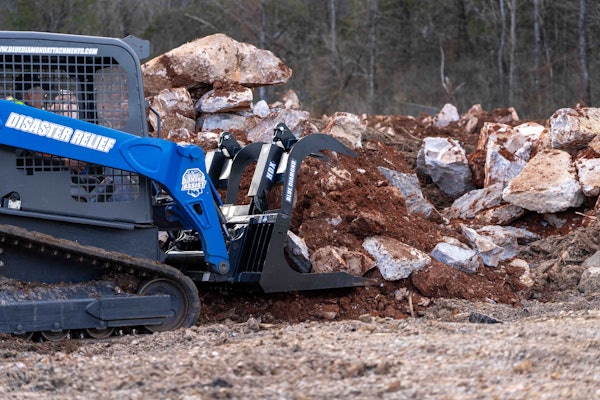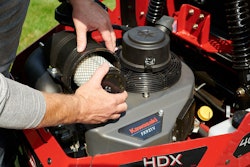 The protein concentration of the product exceeds 92 percent, five times more protein per pound than a typical pet food.
The protein concentration of the product exceeds 92 percent, five times more protein per pound than a typical pet food.Photo: Nature Safe
Have you received a request for organic lawn care? If not, chances are likely you will in the near future, as it’s becoming an increasingly popular trend.
Organic lawn care involves landscaping without the use of synthetic fertilizers – by adding water they are ready for absorption. Organic fertilizers essentially do the same job, but in a different way. Because they aren’t processed to the extent inorganics are, organic fertilizers depend on the microorganisms within the soil to process the fertilizer as soluble nutrients.
Though the process takes longer and organic fertilizers are more expensive, people who use organics say the long-term benefits are well worth the upfront costs.
From a business perspective, the organic market is a great place to be. Not many people are involved, so it’s a market with opportunity. Sustainable practices are profitable. Landscapers won’t spend money on synthetic fertilizers and can instead use methods such as purchasing local compost or making their own.
Using organics may decrease the need for several applications for each client, but monitoring visits often take their place. When using organic methods, crews will need to monitor their effectiveness, providing additional revenue for the company. Another benefit landscapers find is protecting their health from harmful chemicals.
Compost is a popular type of organic fertilizer comprising a mixture of decaying vegetation and manure that can be used to topdress a lawn, allowing microorganisms to decompose it and create humus. Humus is partially decomposed organic matter that helps with the exchange of nutrients in the soil. Compost improves the consistency of clay soil to make it more friable and it helps sandy soils retain moisture and nutrients.
Compost teas are a good transition product for landscapers just getting involved because they offer the immediate result of compost without the time factor. A compost tea is compost that has been put in a tank of water and aerated to grow the microorganisms to large quantities. The outcome is a huge vat of beneficial bacteria, fungi and protozoa. While some landscapers brew their own, companies offer mixes for professionals to take into the field.
Other organics used are types of meals such as alfalfa, soy and corn gluten. When broken down, these types of meals provide the nitrogen lawns need to thrive. Corn gluten can also be used as a pre-emergent. When applied after grass seed has taken root, the corn gluten will keep weed seeds from starting. Mulching grass clippings, rather than bagging them, is also an easy and cheap way to add organic fertilizer to lawns.
When getting into organics, different training is involved. You have to be proactive in your search for information. Typing “organic fertilizers” or “organic lawn care” into a search engine can retrieve a wealth of information. More trade shows and educational seminars are beginning to pop up, but the Ecological Landscaping Association and the Northeast Organic Farming Association are two great places to start. Contact local universities, public gardens and agricultural schools to see what information they offer.










